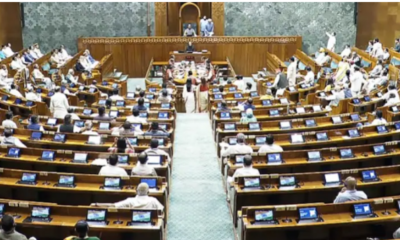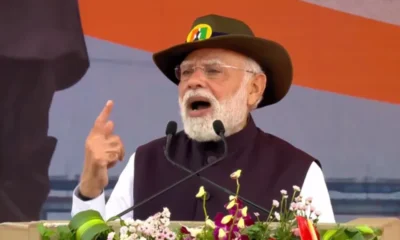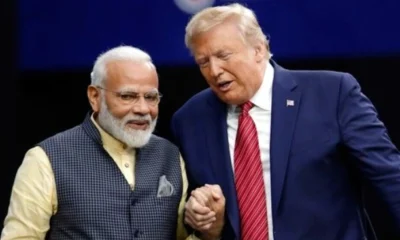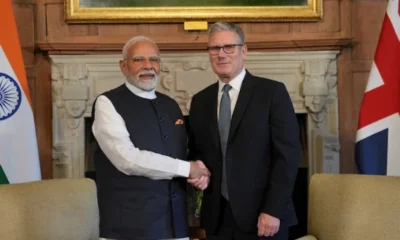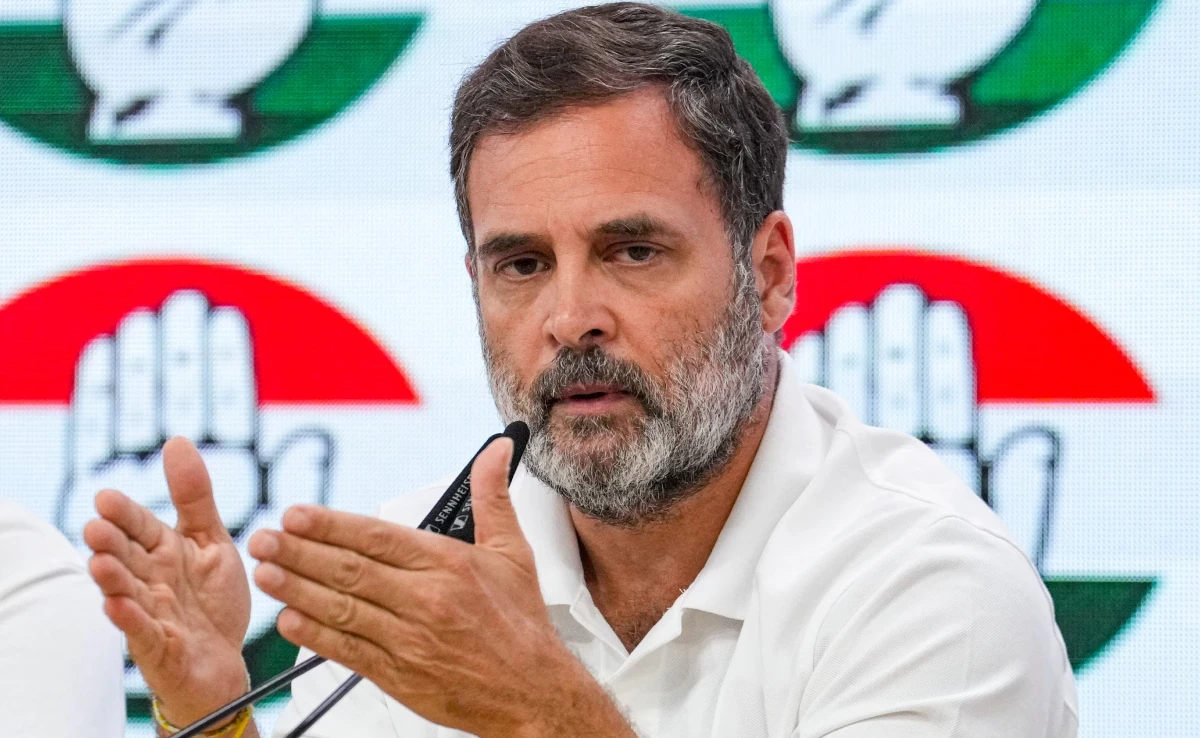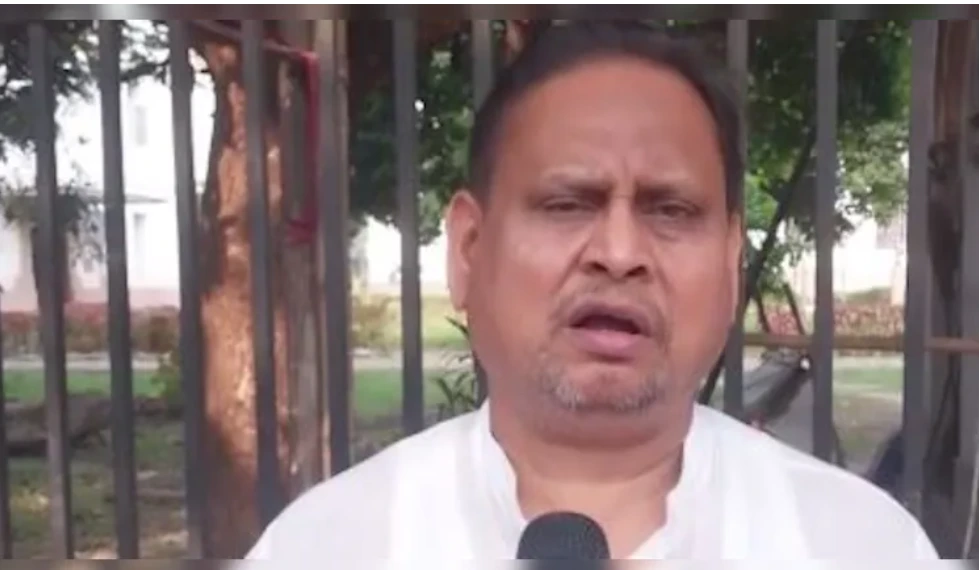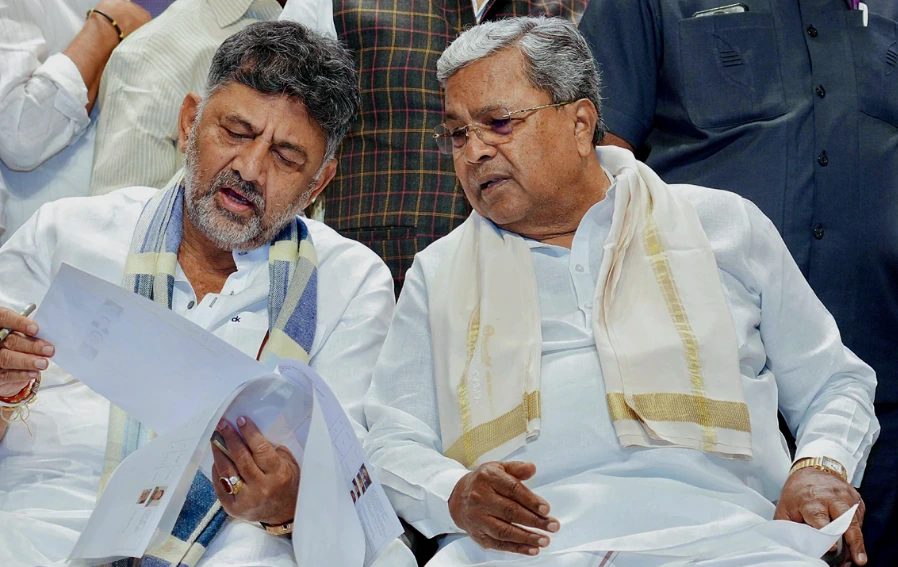Latest Politics News
Modi govt’s Bill for 10 pc quota to general category poor may be passed, but is it just a jumla?

India News
Rahul Gandhi attacks Centre ahead of Vladimir Putin’s India visit
Rahul Gandhi alleged that the government discourages visiting foreign dignitaries from meeting Opposition leaders, calling it a sign of “insecurity,” hours before Russian President Vladimir Putin arrives in Delhi.
India News
TMC MLA Humayun Kabir suspended after Babri Mosque replica proposal sparks row
TMC suspended MLA Humayun Kabir after he proposed building a Babri mosque replica in Murshidabad, a move that drew criticism from the party and sparked political tension.
India News
Karnataka Power Shift: What Siddaramaiah–DK Shivakumar compromise formula means
A closer look at the emerging ‘compromise formula’ between Karnataka’s top leaders Siddaramaiah and DK Shivakumar, and how it may shape the state’s political future.
-

 Entertainment7 hours ago
Entertainment7 hours agoDhurandhar review: Ranveer Singh roars back, Akshaye Khanna shines in intense spy thriller
-

 India News12 hours ago
India News12 hours agoIndiGo flight chaos deepens as over 500 services cancelled, passengers stranded for hours
-
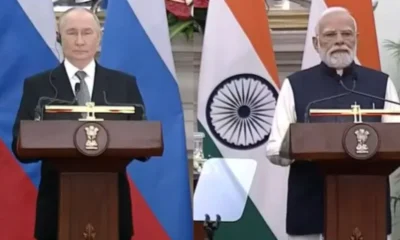
 India News7 hours ago
India News7 hours agoIndia and Russia vow to walk together against terrorism, reaffirm strategic partnership
-
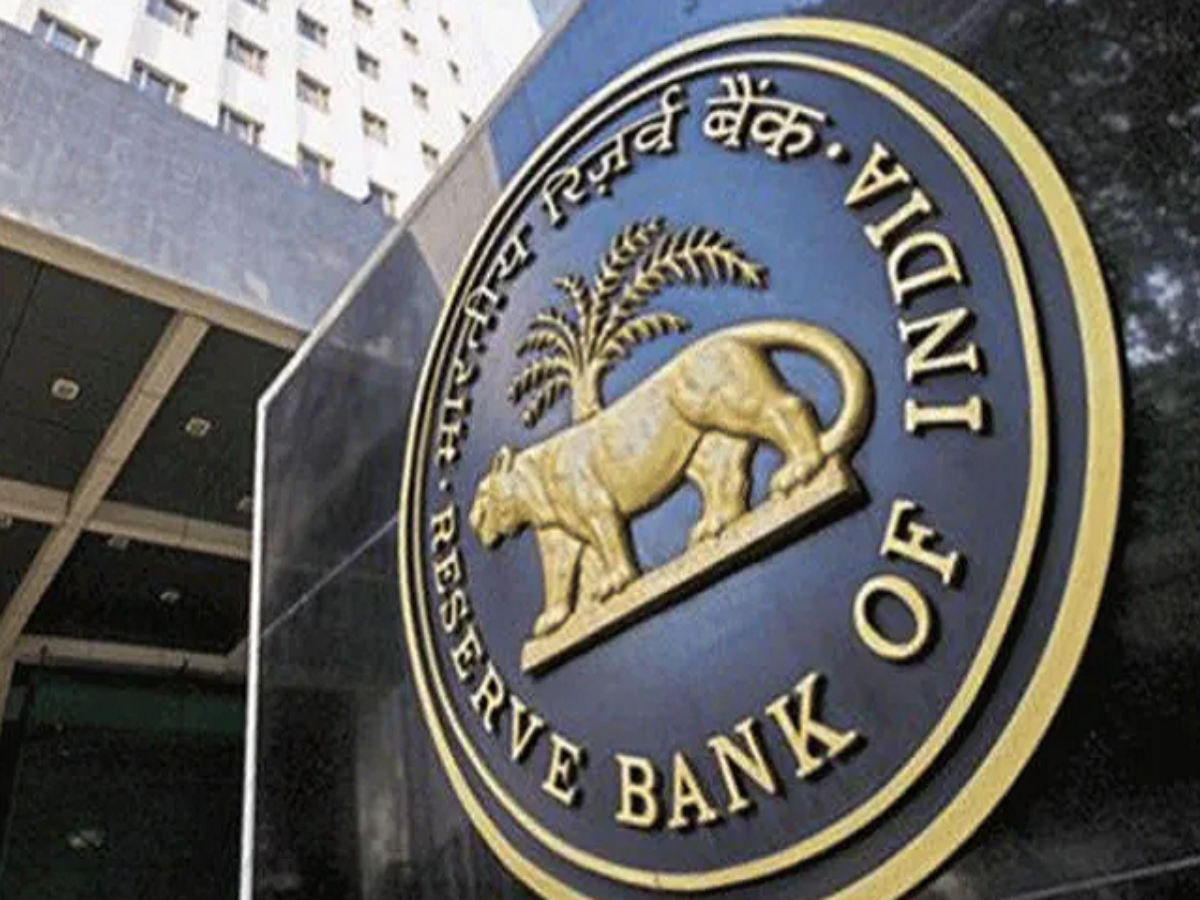
 India News12 hours ago
India News12 hours agoRBI cuts repo rate to 5.25%, paving the way for cheaper loans
-

 Latest world news12 hours ago
Latest world news12 hours agoAsim Munir appointed Pakistan’s first Chief of Defence Forces, to serve 5-year term
-

 India News2 hours ago
India News2 hours agoCentre orders probe into IndiGo crisis, expects normal flight operations in three days
-

 India News1 hour ago
India News1 hour agoSimone Tata passes away at 95: A look at the visionary who shaped Lakme and modern retail
-

 India News1 hour ago
India News1 hour agoLok Sabha clears bill to levy cess on pan masala and similar goods for health, security funding



